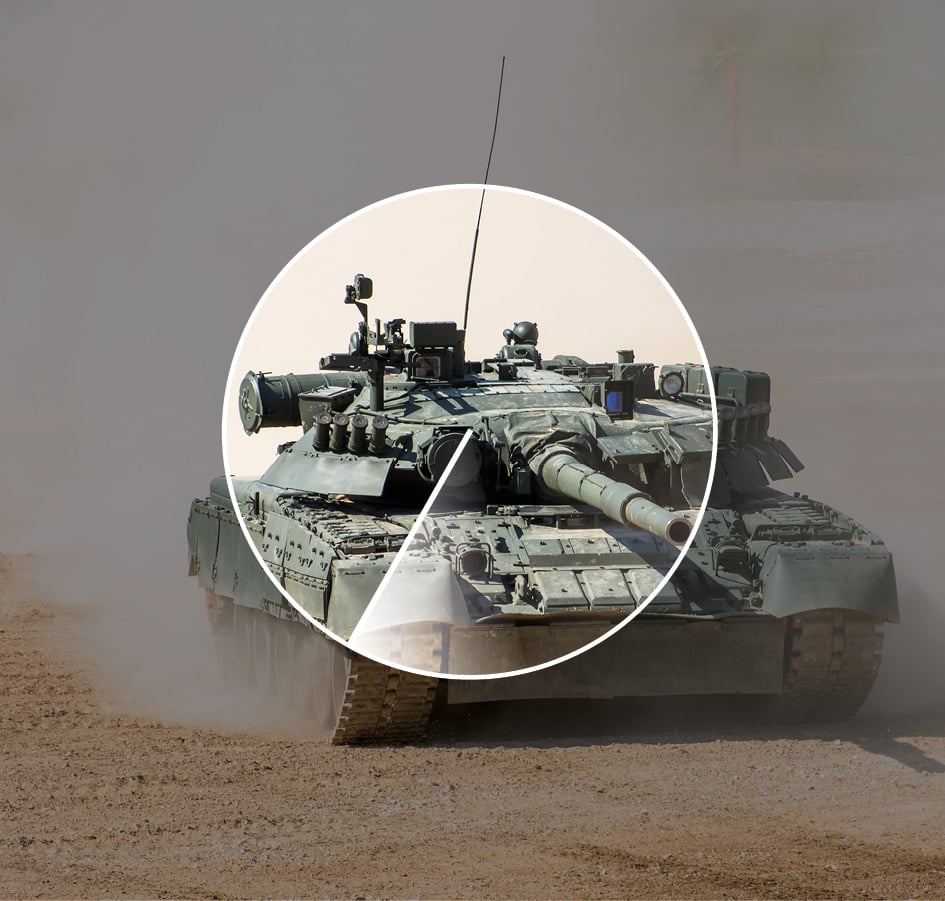6 Companies’ sales of weapons to certain states

Section 4 of the guidelines states that: “Companies may be excluded or placed under observation if there is an unacceptable risk that the company contributes to or is responsible for: […]
- c. the sale ofweapons to states engaged in armed conflict that use the weapons in ways that constitute serious and systematic violations of the international rules on the conduct of hostilities
- d. the sale ofweapons or military materiel to states that are subject to investment restrictions on government bonds as described in section 2-1(2)(c) of the Management Mandate for the Government Pension Fund Global […]”
Section 4(c) and section 4(d) both pertain to companies’ sales of weapons to certain states.
Pursuant to section 4(c), companies may be excluded if there is an unacceptable risk that they are selling weapons to states that use them in violation of humanitarian law. This criterion was introduced in 2021 at the recommendation of the Ethics Commission. The provision’s wording makes it clear that it applies to violations of humanitarian law that are both serious and systematic. The preparatory work states that the criterion shall apply to weapons that may impact civilians in particular. In other words, the criterion does not open the way for a general exclusion of companies that sell weapons to states that violate humanitarian law in an armed conflict. The Council is also required to base its assessment on a broad pool of information and reports from authoritative institutions, which show that the weapons are consistently being used in ways that contravene international rules on the conduct of hostilities.
In its first assessment, the Council relied on a report from the Geneva Academy of International Humanitarian Law and Human Rights, which reviewed documentation of humanitarian law violations in a large number of conflicts. Nevertheless, it is the Council that must assess which conflicts and states the criterion should be applied to, and then identify the companies that sell weapons encompassed by the criterion.
The so-called government bond exception has been included in the GPFG’s mandate. The objective is to preclude the GPFG from investing in government bonds issued by states that are subject to extensive international sanctions that are also endorsed by Norway. The Ministry of Finance decides which countries the provision should be applied to – currently North Korea, Syria, Russia and Belarus. Section 4(d) of the guidelines prescribes the exclusion of companies that sell weapons to states encompassed by the government-bond exception. Section 4(d) of the guidelines applies to the sale of all weapons and all military materiel, and therefore has a far wider scope than section 4(c). Pursuant to section 4(d), moreover, it is not presumed that any assessment be made of how the weapons are used – it is not even presumed that the weapons are used at all, since the purchasing states are not necessarily in armed conflict.
In August 2022, pursuant to section 4(c) of the ethical guidelines, the Council recommended the exclusion of two companies that sell weapons to the authorities in Myanmar, which may have been used in violation of humanitarian law. These cases were published in 2023. The Council attached importance to the fact that the country’s armed forces have committed serious abuses of the civilian population. The abuses have been numerous and constitute, in the Council’s view, serious and systematic violations of international rules on the conduct of hostilities.
The Council considers whether section 4(c) of the guidelines should also be applied to companies’ sales of weapons to other states, for example in connection with the warfare in Gaza. Furthermore, the Council monitors the GPFG’s portfolio with respect to companies that sell weapons or military materiel to states encompassed by the government-bond exception. The Council issued a recommendation to exclude one company under this provision in 2023.